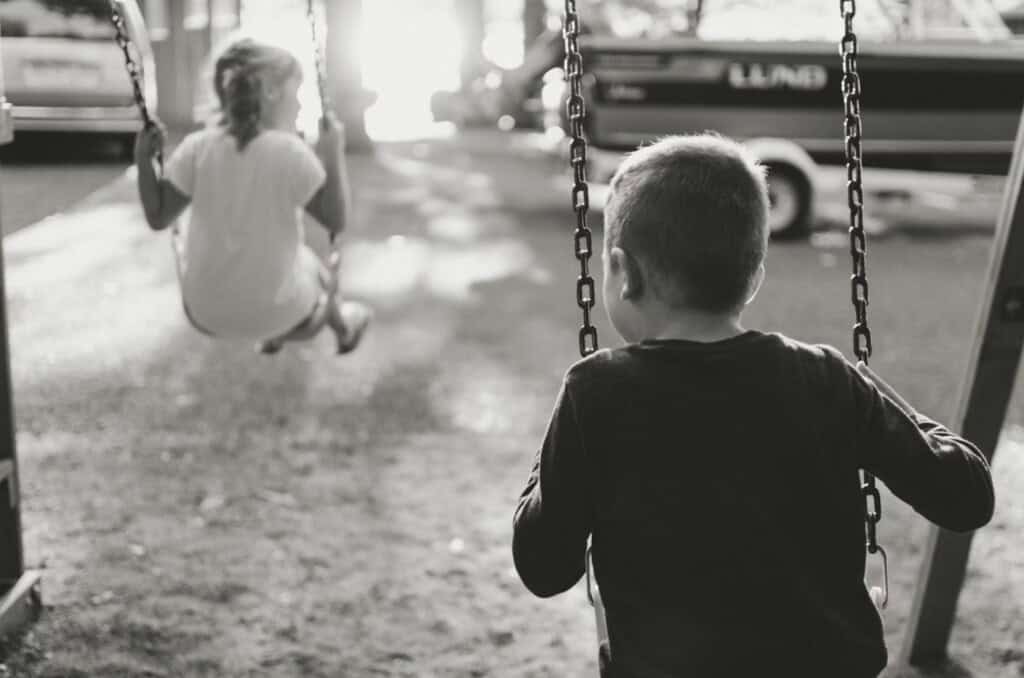
Custody battles represent one of the most emotionally taxing legal processes a family can experience. Parents already face overwhelming stress, financial pressure, and uncertainty about their children’s future. When one parent is arrested during an ongoing custody dispute, these challenges multiply exponentially. The similarities between criminal and family law creates a complex legal landscape that can drastically alter custody outcomes. This blog explains the implications of an arrest during custody proceedings and outlines what parents on both sides should understand about their rights and responsibilities.
Immediate Legal Consequences of an Arrest
When a parent faces arrest during custody proceedings, courts typically respond swiftly to ensure child safety. Judges may issue emergency temporary custody orders transferring primary care to the non-arrested parent or another suitable guardian. Courts frequently schedule emergency hearings within days to formally assess living arrangements and determine whether temporary modifications should remain in place during criminal proceedings.
Impact on Parenting Time
Following an arrest, previously established visitation schedules may be suspended or modified. Depending on the nature of charges, courts might require supervised visitation or temporarily halt all contact. These decisions stem from the court’s paramount concern: protecting the child’s physical and emotional wellbeing during a turbulent period. Family court judges have broad discretion to modify parenting plans when circumstances suggest potential risk.
How Criminal Charges INfluence Custody Decisions
Type and Severity of Charges Matter
Not all criminal charges carry equal weight in custody determinations. Violent offenses, especially domestic violence cases or any crime against children, will severely impact custody rights. Even charges like drug possession, DUI, or financial crimes raise judicial concerns about parental judgement and household stability. Courts examine whether the alleged behavior demonstrates impaired decision-making that could compromise childcare abilities.
Court’s Focus on the Child’s Best Interests
Family courts consistently prioritize children’s best interests above parental rights. Judges evaluate factors including safety, stability, continuity of care, and emotional wellbeing when adjusting custody arrangements. Courts also consider the arrested parent’s history, potential for rehabilitation, and demonstrated commitment to responsible parenting despite legal troubles.
Legal Strategies for the Arrested Parent
Hiring Separate Legal Representation
Parents facing criminal charges and custody battles should secure specialized attorneys that have expertise in each area of the law. These attorneys often provide a free consultation for the first visit. Criminal defense and family law require distinct expertise, and coordinated representation ensures that defense strategies in one case don’t undermine parental rights in the other. Effective communication between counsel can protect long-term custody interest while addressing immediate criminal concerns.
Showing Rehabilitation and Responsibility
Arrested parents can mitigate custody impact by demonstrating rehabilitation efforts. Voluntary enrollment in substance abuse programs, anger management courses, parenting classes or counseling shows commitment to addressing underlying issues. Character references, steady employment and strict compliance with court orders can gradually rebuild the court’s confidence in parenting capabilities.
The Way Forward for Parents
The arrested parent should focus on legal compliance and rehabilitation, while the other parent must balance legitimate safety concerns with supporting healthy parent-child relationships when appropriate. With proper legal guidance and a child-centered approach, families can navigate this challenging citation with their children’s best interest at heart.

